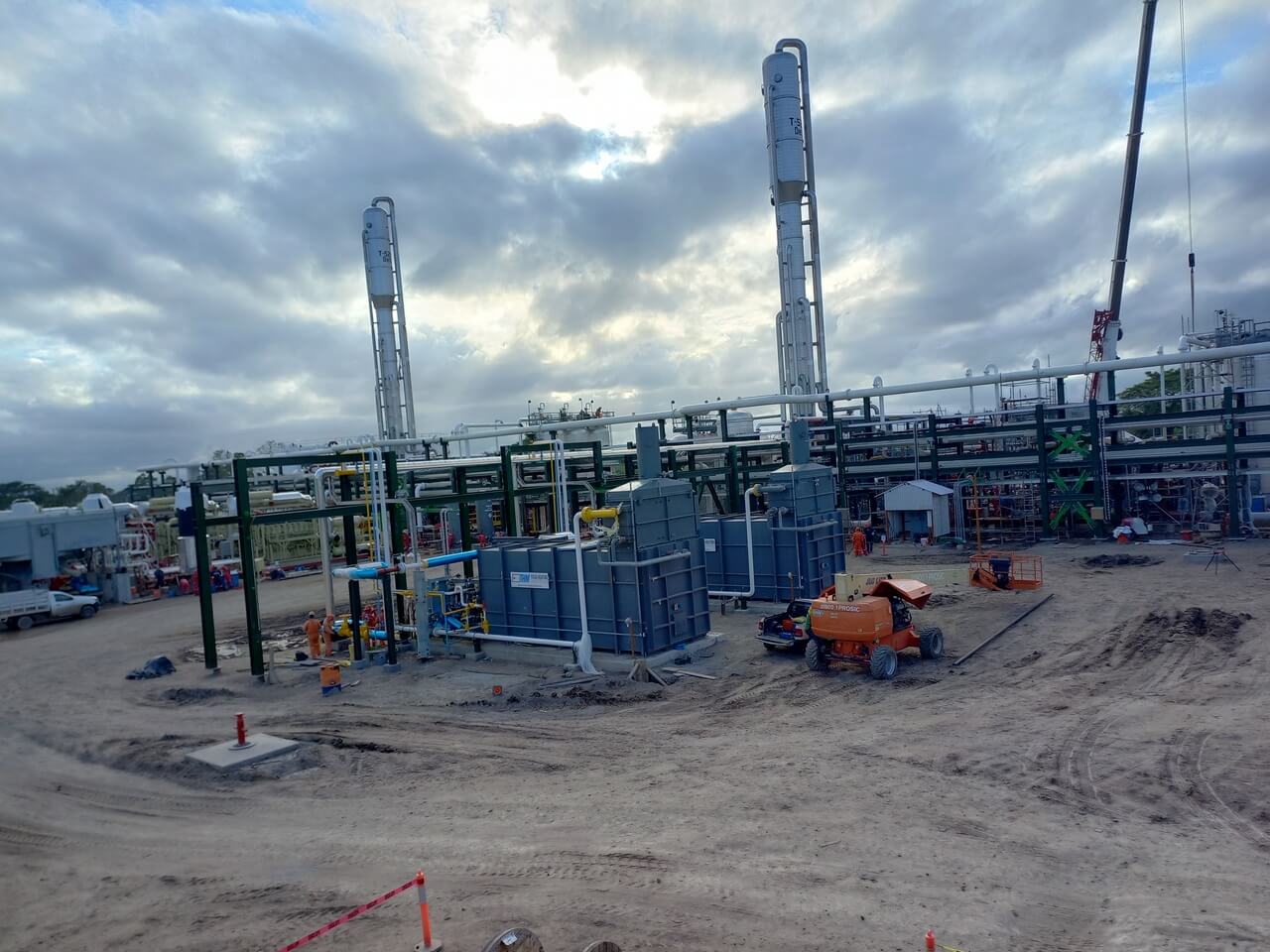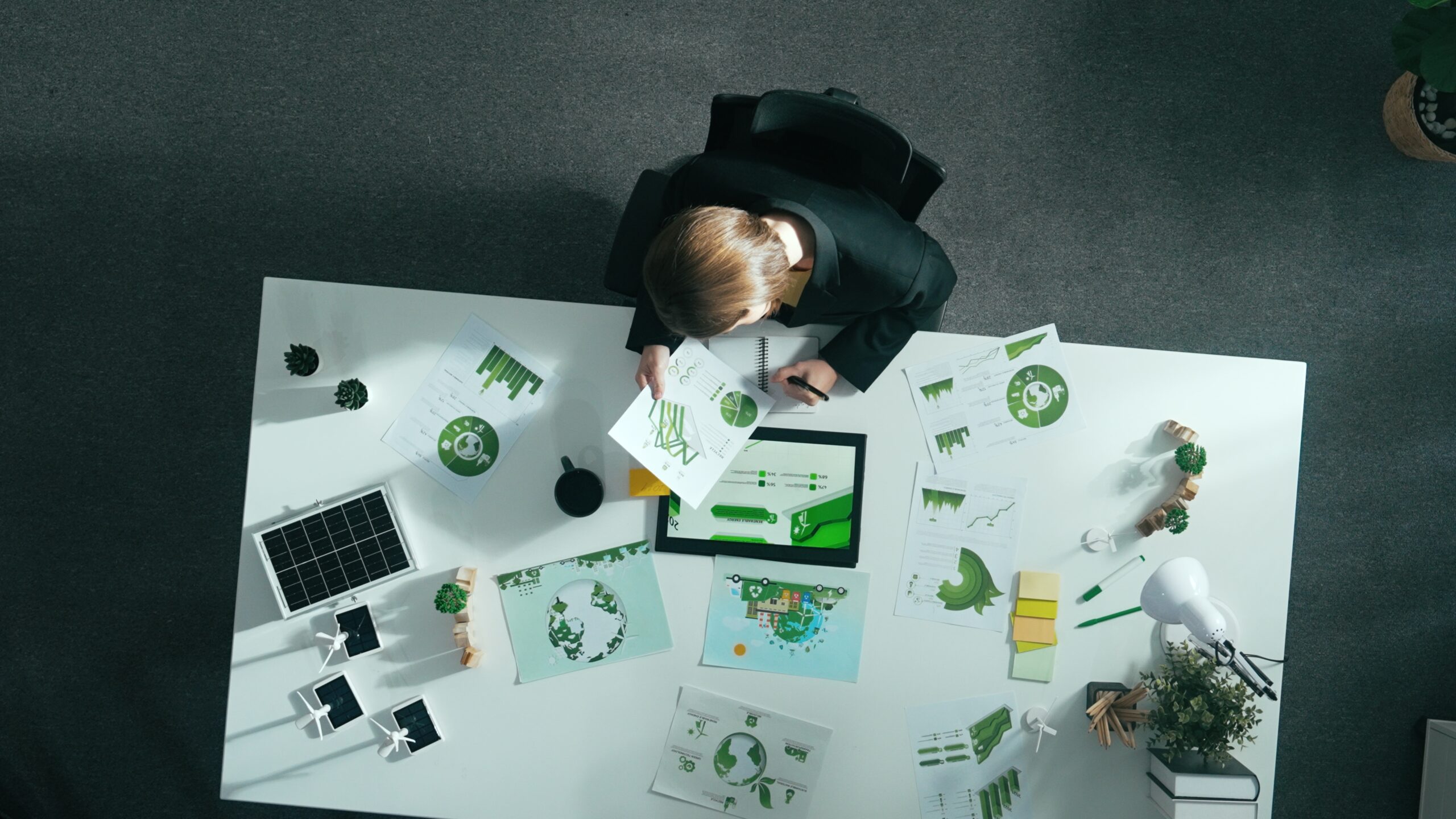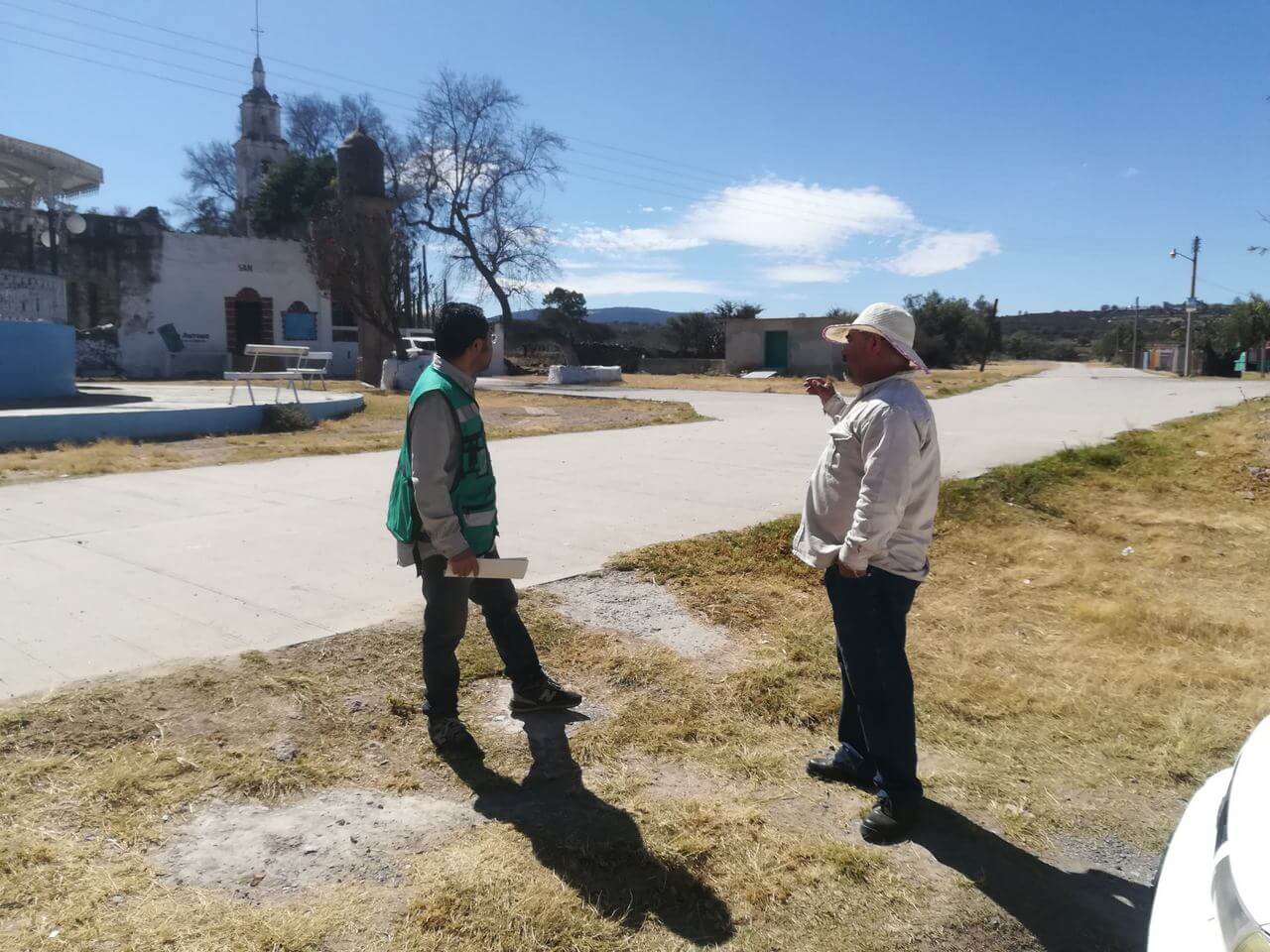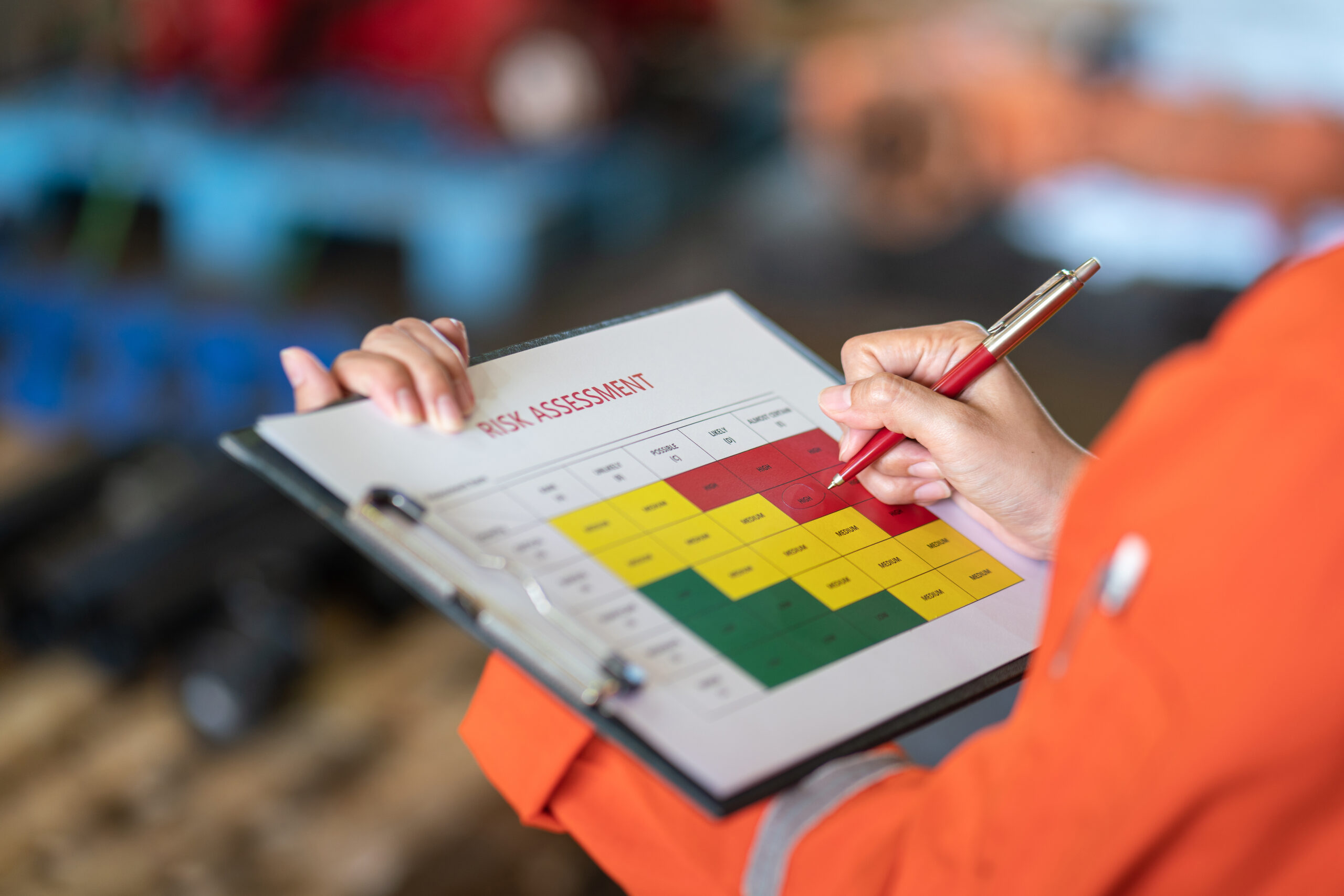Due Diligence
In the current context of responsible and sustainable investments, Environmental and Social Due Diligence (ESDD) is a key tool for identifying and managing potential risks that could impact the success and viability of a project. This process enables companies to ensure compliance with environmental and social regulations, improve their relationships with communities and stakeholders, and align their operations with international standards of sustainability and corporate responsibility. Our consultancy offers a comprehensive Environmental and Social Due Diligence service, designed to help organizations identify, assess, and manage the environmental and social risks associated with their projects. This service is particularly relevant in mergers and acquisitions, infrastructure development, and project financing, where it is essential to ensure that risks are minimized before proceeding with the investment or transaction.
Phases of the Environmental and Social Due Diligence Process
The Environmental and Social Due Diligence process consists of several stages, ensuring a thorough analysis of all critical aspects:
- Initial Information Review. We begin by collecting and reviewing all available information related to the project, including previous environmental and social impact studies, permits, licenses, sustainability policies, and environmental management plans, among others. At this stage, a preliminary assessment of existing social and environmental commitments is conducted, identifying environmental liabilities and potential regulatory gaps. Additionally, the project's operational context is reviewed, evaluating aspects such as sustainable performance and compliance with current regulations.

- Fieldwork. To gain a comprehensive understanding of the project, we conduct an on-site visit to assess firsthand the environmental and social conditions of the facilities and areas involved. During this visit, we interview key personnel responsible for environmental and social management and gather additional evidence to complement the documented information. This field analysis allows us to validate compliance with previously established social and environmental commitments and identify new risks that may not have been detected during the initial document review.

- Final Report Preparation. Following the document review and field visit, our team prepares a detailed report summarizing the findings, highlighting identified risks, and recommending mitigation measures. This report includes an assessment of environmental and social risks and impacts, regulatory compliance gaps, and recommendations to ensure alignment with international best practices. Corrective actions are also outlined, specifying implementation timelines and responsible parties.

- Report Presentation and Delivery. Once the analysis is complete, the report is formally delivered to stakeholders, including key recommendations for risk mitigation and improving the project's environmental and social management. Our consultancy ensures that all critical aspects are covered and that the client is fully informed about the risks associated with the project before proceeding with the transaction or implementation.

Scope and Benefits of Environmental and Social Due Diligence
The scope of Environmental and Social Due Diligence includes the identification and assessment of environmental risks, such as soil and water contamination, waste management, natural resource use, and impacts on biodiversity. It also evaluates social risks, such as impacts on local communities, labor rights, and occupational health and safety.
This service enables companies and investors to make informed decisions by identifying environmental and social liabilities that could lead to additional costs or legal penalties in the future. At the same time, it facilitates the alignment of the project with national and international regulations, such as the Equator Principles or the International Finance Corporation (IFC) standards, which are required by many financial institutions to provide financing for large-scale projects.

Among the most notable benefits of Environmental and Social Due Diligence are:
- Mitigation of Financial and Legal Risks: By identifying and managing environmental and social risks from the early stages of the project, penalties, litigation, and costs related to damage remediation or compensation to affected communities are avoided.
- Improved Reputation and Stakeholder Relationships: Complying with environmental and social regulations and effectively managing stakeholder expectations enhances the company's reputation and reduces the risk of social conflicts. This is particularly relevant for infrastructure projects impacting local communities or sensitive ecosystems.
- Access to Better Financing Conditions: Many financial institutions require an Environmental and Social Due Diligence assessment before granting loans or financing to projects. Meeting these requirements can open doors to better financing opportunities and more favorable terms for project development.
- Transparency and Trust in the Investment Process: For companies involved in mergers or acquisitions, this process ensures that all parties have a clear understanding of the environmental and social risks associated with the transaction. This fosters transparency in negotiations and reduces the likelihood of unexpected surprises that could jeopardize the business's viability.
Environmental and Social Action Plan
A key component of our service is the development of an Environmental and Social Action Plan (ESAP), which outlines the necessary actions to mitigate and/or reduce the negative impacts identified during the Due Diligence process. This plan includes specific measures to ensure the project complies with environmental and social requirements and details the ongoing monitoring and follow-up of these aspects throughout the project's lifecycle.
The Environmental and Social Due Diligence service offered by our consultancy ensures that your project not only complies with applicable regulations but also aligns with international best practices in sustainability. Through a thorough evaluation process, we provide our clients with a clear understanding of environmental and social risks, helping to manage these risks effectively and ensuring the long-term success of the project.
